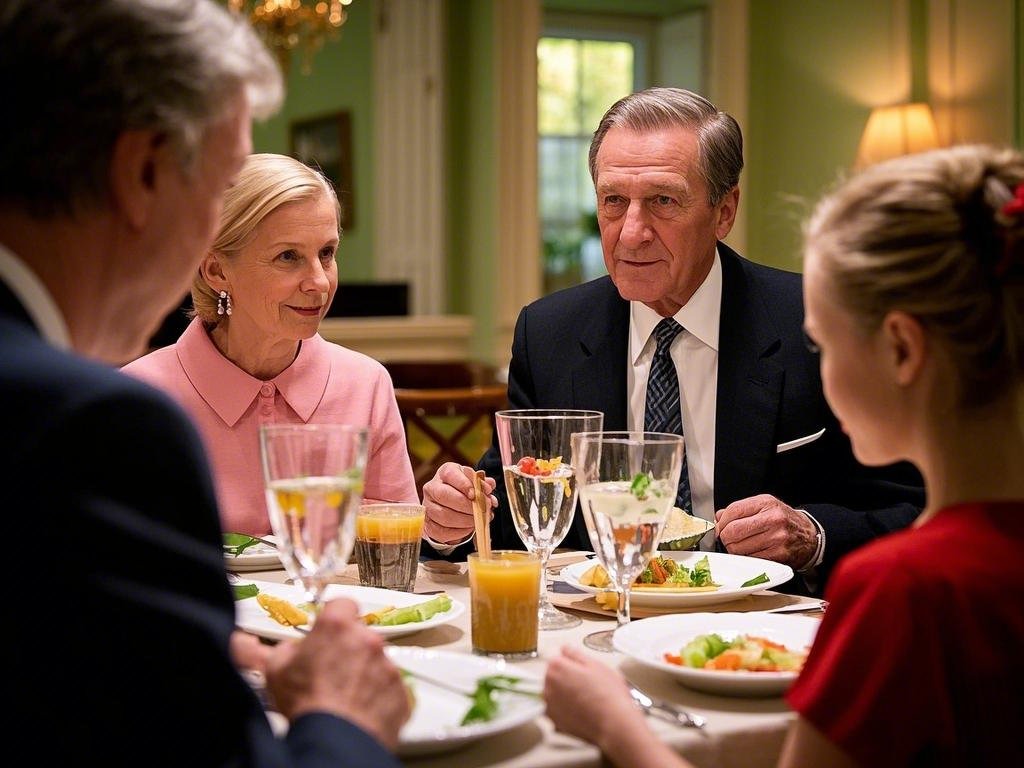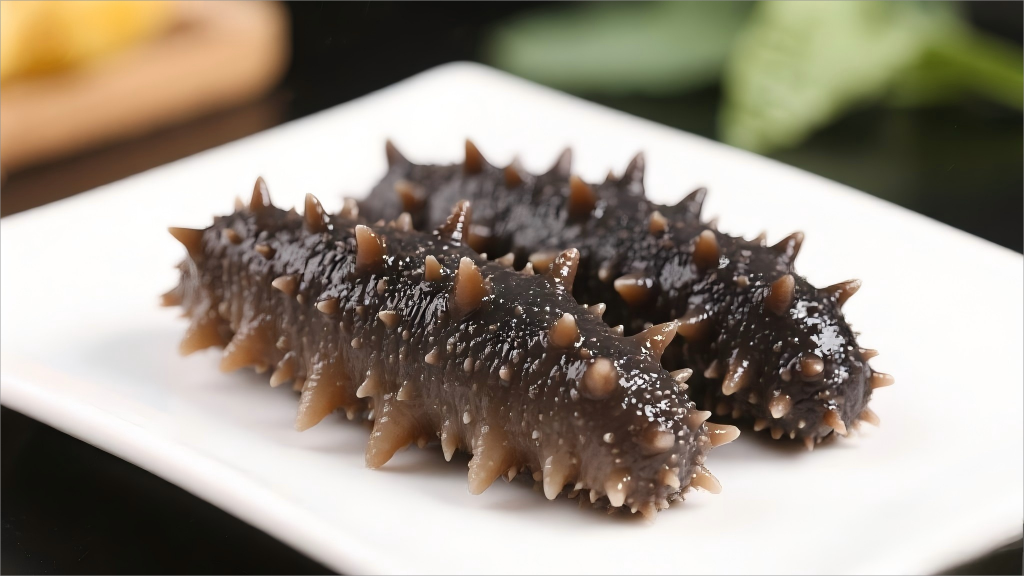The dining habits of the wealthy often reflect a blend of exclusivity, luxury, and a pursuit of exceptional quality. From rare ingredients to personalized culinary experiences, the affluent class indulges in a world of gastronomy that sets them apart from the average consumer. Their choices are not just about sustenance but also about status, health, and the art of fine living.

Exclusive Ingredients and Rare Delicacies
Wealthy individuals often seek out ingredients that are difficult to obtain or are considered rare. This includes items like truffles, caviar, Wagyu beef, and exotic seafood such as bluefin tuna or Alaskan king crab. These ingredients are prized for their unique flavors, textures, and the prestige associated with consuming them.
Personalized Culinary Experiences
The affluent often employ private chefs or dine at high-end restaurants that offer bespoke menus tailored to their preferences. These experiences go beyond standard dining, incorporating elements like molecular gastronomy, farm-to-table freshness, and multi-course tasting menus curated by world-renowned chefs.
Health-Conscious Choices
Many wealthy individuals prioritize health and wellness, leading them to invest in organic, sustainably sourced, and nutrient-rich foods. They often opt for superfoods like quinoa, acai berries, and chia seeds, as well as plant-based diets or specialized regimens like keto or paleo.
Luxury Dining Destinations
Fine dining establishments such as Michelin-starred restaurants are frequented by the wealthy. These venues offer not only exceptional cuisine but also an ambiance of sophistication and exclusivity. Additionally, private clubs and members-only dining spaces provide a sense of community and privilege.
Cultural and Global Influences
The affluent often have a taste for international cuisines, exploring flavors from around the world. This includes Japanese kaiseki, French haute cuisine, Italian truffle dishes, and Middle Eastern delicacies. Their global lifestyles expose them to diverse culinary traditions, which they incorporate into their dining habits.
Sustainability and Ethical Consumption
Many wealthy individuals are increasingly conscious of the environmental and ethical impact of their food choices. They support sustainable farming practices, fair trade products, and initiatives that reduce food waste. This aligns with their values of responsibility and long-term thinking.
The Role of Technology
The wealthy leverage technology to enhance their dining experiences. This includes apps for reserving exclusive tables, platforms for sourcing rare ingredients, and even AI-driven meal planning services that cater to their specific dietary needs and preferences.
The Social Aspect of Dining
For the affluent, dining is often a social event that fosters connections and showcases their status. Lavish dinner parties, charity galas, and private gatherings are opportunities to network and display their refined tastes.
In essence, the dining habits of the wealthy are a reflection of their lifestyle, values, and aspirations. Their choices go beyond mere consumption, embodying a commitment to quality, exclusivity, and the art of living well.
























